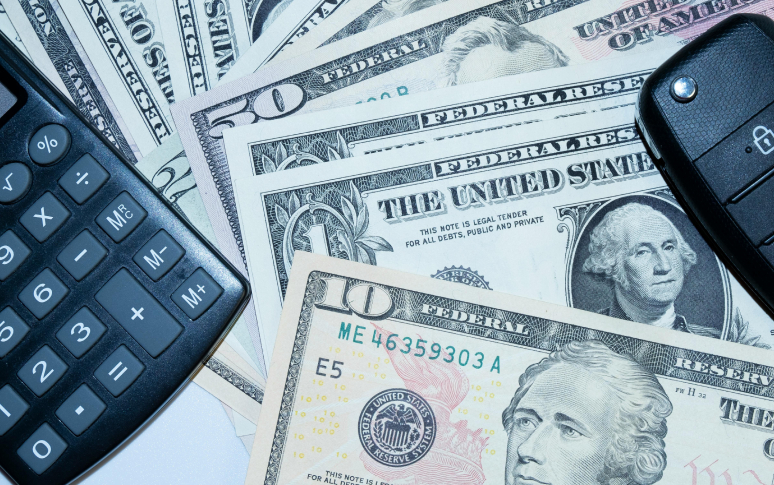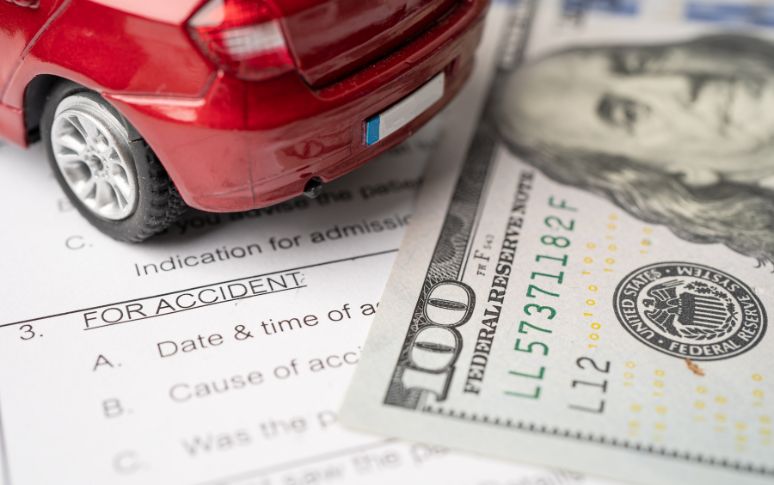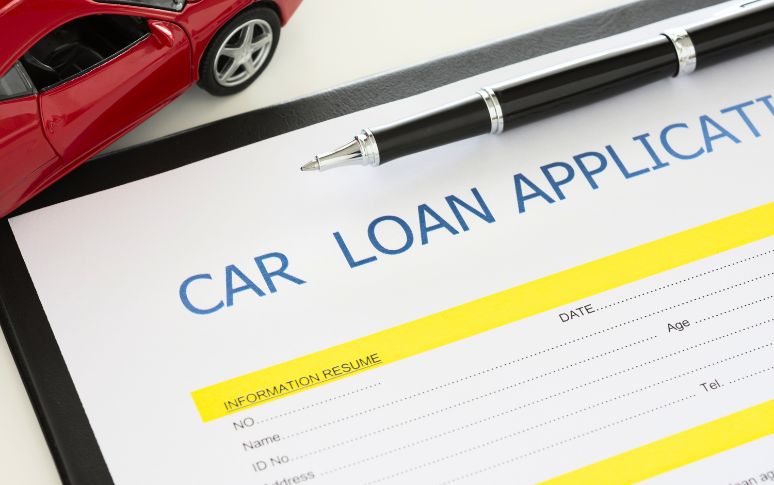8 Steps To Get The Best Car Loan
Getting the appropriate vehicle loan could save you thousands because the average price of a new automobile will be above $50,000 in 2025. Find out how to get the best rates, stay away from common mistakes, and negotiate like a pro. Our complete guide shows you how to do everything you need to do to get a vehicle loan.
1. Check Your Credit Score First
Lenders use your credit score to see how reliable you are as a borrower, just like a report card. A good credit score shows lenders that you are careful with money, much like a high GPA in school shows that you are doing well in school. You are more likely to get cheaper interest rates on your auto loan if your credit score is 670 or higher.
You may get your credit reports for free from the three biggest credit bureaus: Equifax, Experian, and TransUnion. Many credit card firms also let their cardholders see their credit scores for free. Before you start looking for a car loan, you should check your credit score. This will help you set reasonable expectations and give you a greater chance of getting a good loan offer.

2. Determine Your Realistic Budget
You need to set a budget that works for your finances before you start looking for a car loan. The monthly payment on the loan is only one element of the whole thing. You should also think about the initial down payment, which is the amount of money you pay up front for the car. You can lower your monthly payments and the total amount of interest you'll pay over the life of the loan by making a bigger down payment.
Another big cost is automobile insurance, which depends on things like where you live, what kind of car you drive, and how good your driving record is. Costs of upkeep are also important. Used automobiles, on the other hand, may need repairs more often and at a higher expense, so it's a good idea to look at models that are recognized to be reliable.

3. Get Pre-approved from Multiple Lenders
Getting pre-approved for a car loan is like getting a golden ticket that provides you an advantage when buying a car. It lets you look at loan offers from a number of banks, credit unions, and online lenders. When you ask for pre-approval, lenders will look over your financial information and tell you how much money they are willing to lend you and at what interest rate.
Pre-approvals are normally not bad for your credit score because they are deemed "soft" queries. But in some situations, you may need to fill out a full application to obtain the actual loan terms, which could lead to a hard inquiry.

4. Compare Different Lenders' Rates
When it comes to vehicle loan rates, not all lenders are the same. Lenders provide varying interest rates and terms, just like merchants do for the same product. These variances can make a big difference in how much your loan will cost in total. A lower interest rate means you'll pay less in interest throughout the life of the loan, which will save you money in the long run.
When looking at several lenders, you should not just look at the interest rate. Look at the loan amounts they give, the conditions for paying it back (which can be anywhere from 2 to 8 years), and any other fees or costs. Some lenders may charge origination fees, prepayment penalties, or additional expenses that might add up.

5. Choose the Right Vehicle for Your Budget
It's important to know what kind of car you can afford before you go to a dealership. Kelley Blue Book and Edmunds are two great car comparison sites. They give you a lot of information on the prices of new and used cars, as well as how much your present car would be worth if you trade it in.
If you can only afford to pay $400 a month for a car, for instance, you can only look at cars that cost that much. Doing research ahead of time also helps you not fall in love with an automobile that you can't afford. It gives you confidence when you go to the dealership since you know what the cars you're interested in are worth on the open market.

6. Compare Dealer Offers with Pre-approvals
Sometimes, vehicle dealers' loans have higher interest rates than loans from banks or credit unions. But in other circumstances, dealerships work with lenders to give rates that are competitive. If you've already been approved for a loan by another lender, you need to bring those offers with you to the dealership.
When the dealer gives you a financing offer, make sure to compare the loan amount and payback terms to the offers you had before. Read the loan agreement carefully before you sign it to find any hidden fees, extra vehicle features that aren't necessary, penalties for paying off the loan early, or longer loan periods that could make the loan more expensive overall.

7. Set Up a Payment Plan
Setting up automatic payments is one of the finest things you can do to make sure the repayment process goes well once you've been approved for a car loan. Many lenders have easy-to-use web dashboards or mobile apps where you can sign up for autopay. If you connect your bank account to the lender's system, your monthly payment will be taken out of your account on the due date.
Not making a vehicle loan payment might have major effects. Most lenders levy late fees, which might be a modest sum or a big percentage of your monthly payment. You may prevent these hazards and keep on schedule with your loan payments by setting up automated payments. This will preserve your credit and your investment in the car.

8. Understand Special Loan Situations
Don't give up if you have bad credit. It can be harder to acquire a car loan, but there are still lenders who focus on giving money to people with bad credit. These lenders can charge you more interest, but they can help you get the car you need and give you a chance to improve your credit over time by making your payments on schedule.
If you can't make your vehicle loan payment this month, the first thing you should do is call your lender right away. Most lenders are eager to work with you and may provide you choices like changing your payment plan for a short time, putting off a payment for a month, or lowering the interest rate.









